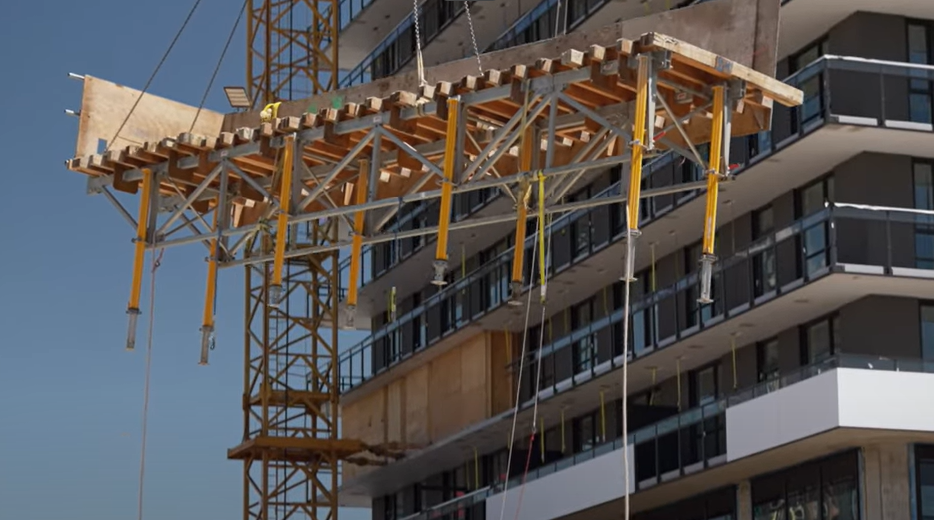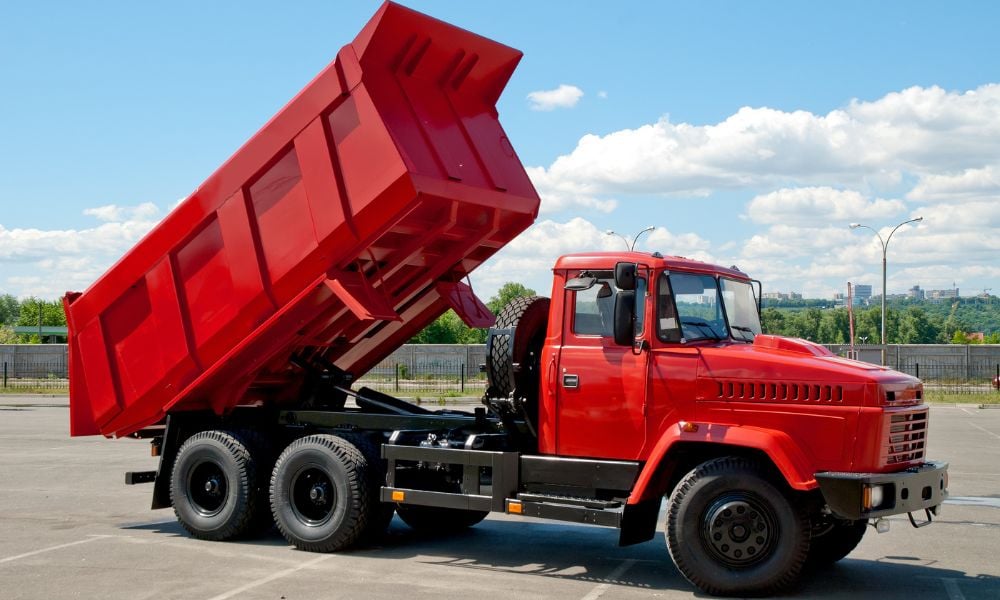Violators could face fines as much as $100,000, imprisonment up to 18 months

British Columbia has taken a step towards imposing higher penalties for commercial truck drivers who hit overpasses in the province.
The provincial government has proposed changes to the Commercial Transport Act (CTA) that will allow the courts to impose fines of as much as $100,000 and imprisonment of up to 18 months, to violators upon conviction for violations.
The proposed maximum penalty for commercial transport violations is far above other Canadian provinces and territories, and falls in line with the maximum penalties applied to rail and dangerous-goods safety, noted the provincial government.
“With these new penalties, we are taking the strongest action possible to keep our roads safe and to keep people, goods and services moving,” said Rob Fleming, minister of transportation and infrastructure. “This also sends a message to commercial truck drivers that they are responsible for the safe transportation of goods and services on our roads, and a lax attitude toward safety will not be tolerated.”
Laws surrounding highway infrastructure crashes have not changed since the 1970s, according to the government.
To support the commercial transport industry through the legislative change, the ministry is developing training material that provides commercial drivers guidance on the proper measurement of vehicles and loads. The proper measurement of vehicle/load height is a component of the Mandatory Entry Level Training (MELT) program for Class 1 drivers.
The BC Trucking Association – which the government consulted on the proposed change – supports the proposed increase in maximum penalties.
“The BC Trucking Association welcomes the legislative change by the Province to hold carriers accountable,” said Dave Earle, president and CEO, BC Trucking Association. “Imposing stricter penalties for carriers supports road safety and helps protect infrastructure, and ultimately enhances safety for everyone on our roads.”
How BC is preventing commercial truck drivers from hitting overpasses
The proposed legislative change is the latest move that the provincial government has taken to address the issue of infrastructure crashes in the province, which, it said, pose a significant safety risk.
Last month, the independent director of the Commercial Vehicle Safety and Enforcement branch of the B.C.’s Ministry of Transportation and Infrastructure cancelled Chohan Freight Forwarders’ license to operate in the province.
Chohan’s violations account for nearly one in five of the province's 31 overpass crashes recorded since December 2021, Fleming previously said. Since then, B.C. has seen four more crashes.
BC has also formalized a progressive-enforcement framework and carrier-suspension policy that provides escalating consequences for carriers who commit repeat offences, including the possible loss of safety certificates which would prohibit their operation.
The government also raised fines to the highest amount allowed under the current law for over-height vehicles, from $100 to the maximum allowable penalty of $500.
BC has also put in place a new requirement – effective June 1, 2024 – for in-cab warning devices to alert dump-style vehicle operators when the dump box is raised.
The government has also mandated speed-limiter devices, preventing heavy commercial vehicles from travelling more than 105 km/h on B.C. highways.
The province has successfully taken up this issue with federal, provincial and territorial counterparts through the Council of Ministers Responsible for Transportation and Highway Safety. This comes after, in January, Fleming, in a letter to federal transport minister Pablo Rodriguez, called for a unified truck safety system that would hold trucking companies accountable for their violations across provinces.
The council is now working to address loopholes where carriers with problematic safety records prohibited in one jurisdiction may continue operating in a neighbouring jurisdiction, noted the B.C. government.





